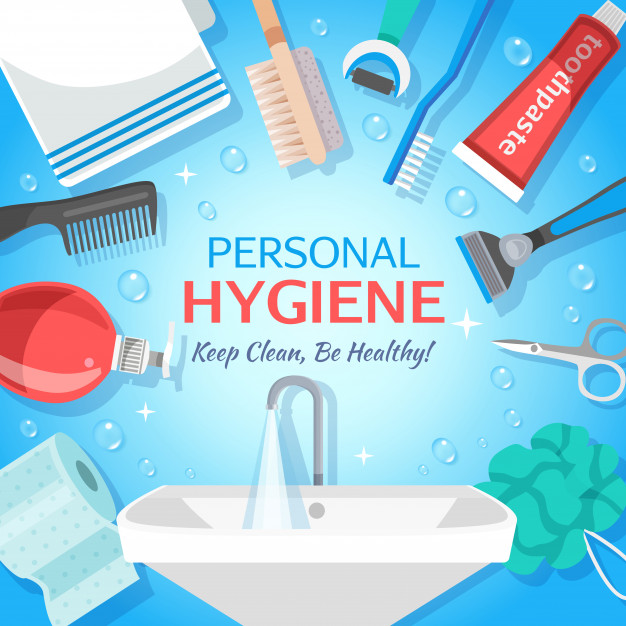
Residents who live under poor hygiene conditions are far more likely to catch disease-causing bacteria or viruses, which are then spread to their fellow nursing home residents. In nursing homes, residents’ immune systems are usually weaker because of their age, and therefore they are more likely to get sick when poor hygiene comes into play.
Poor hygiene from nursing home staff members who don’t use proper cleaning methods can cause germs to be passed from the staff to the residents. Staff might be neglectful or not be well trained to help residents do things like brush their teeth, use the restroom if they’re able to, change residents clothing or diapers, bathe residents, properly clean their wounds or change their bandages.
It’s incredibly important to have a sanitary nursing home environment because germs and bacteria can sit and fester in unsanitary areas. Showers, baths, and bathrooms that aren’t sanitized frequently are high-risk areas where bacteria and viruses can spread easily among nursing facility residents.
Germs can also be spread through eating contaminated food if staff fail to properly sanitize their kitchen or other areas where food is being made, served or eaten. This includes tables, chairs and any other surfaces that are frequently touched.
These unsanitary conditions often happen because of understaffing and improper hygiene training for staff at the nursing facility. There have even been research studies that have linked understaffing at nursing home facilities to improper hygiene. Employees might also be hired without proper sanitation training or experience with good hygiene, causing dangerous and unhealthy conditions and situations during their work duties.
If the nursing home staff are too rushed and don’t have enough assistance with cleaning patient care areas, they may feel too overwhelmed, or be so busy they forget or don’t get time to properly wash their hands, even after they’re done taking care of a resident. This also results in the spread of germs from the staff to the nursing facility residents. Some research studies indicate that nursing home facilities with a low ratio of staff to residents have overall better hygiene in every area of the facility. In addition to understaffing, high employee turnover within nursing homes might also help bring about uncleanly conditions that can cause the spread of viruses or diseases.
Lawsuits involving poor hygiene standards have been filed against nursing homes. Unsanitary conditions that have continued over a long period and haven’t been resolved are seen as a form of neglect, and nursing home facilities with this issue can be charged with neglect alone. In cases of understaffing, the nursing home facility might be held liable for any health issues that result from their facility’s poor hygiene conditions. If poor hygiene is shown to have resulted in the illness or even death of one or more residents, the case for a lawsuit is strengthened.
If you suspect a family member or someone else you know has received an injury, become ill, or even died because of improper hygiene within a nursing facility, contact us to discuss filing a lawsuit for compensation.
